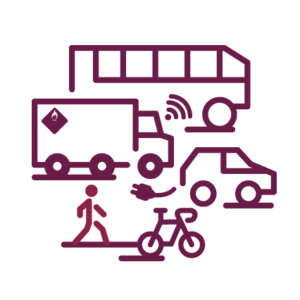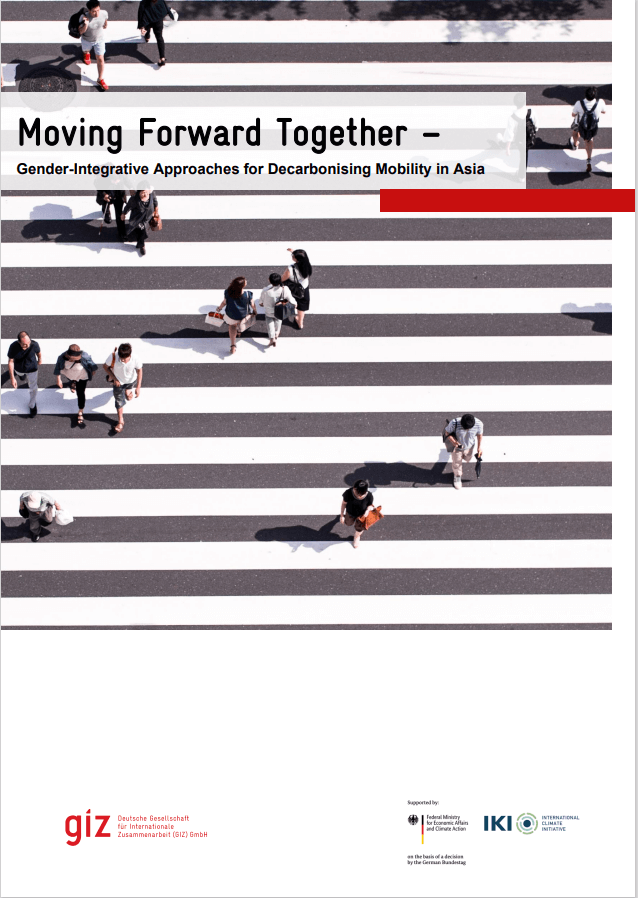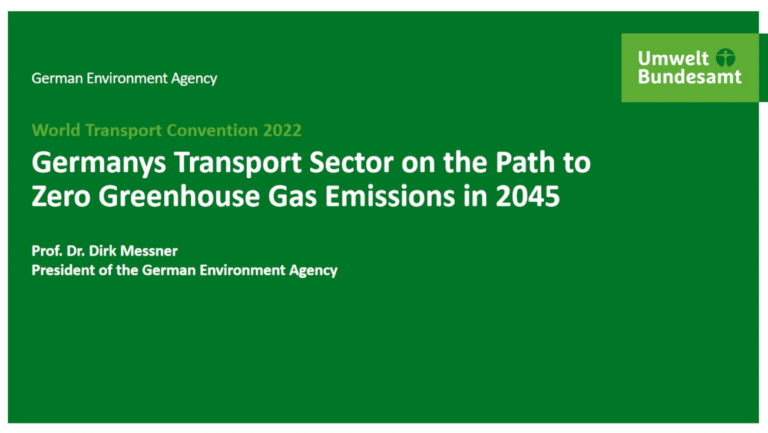Waiting for a taxi during rush hour is daily business for inhabitants of large Chinese cities. Instead of waiting at the sidewalk, new taxi apps are supposed to solve this inconvenience and increase the income of taxi-drivers at the same time.
Calling a taxi via the free app “Didi Taxi” is simple: selecting “call a cab now” with location services turned on, enables any taxi driver with the installed software to see the request. Through answering options, other taxi drivers are prevented from unnecessary trips.
Using taxi-apps is already quite common in international metropolises. The successful German-app “myTaxi” is one of several mobile app-versions in Europe and North-America. Founded in 2010 in Hamburg, the German start-up company has built up a tremendous network via free software for cab-drivers and customers. With already 15,000 connected taxis in more than 30 German cities, “myTaxi” is constantly expanding. The handling is simple. The customer registers and chooses a taxi via map in the closer surrounding. Taxi drivers have the possibility to pick a specific route and apply via app. The payment system works as follows: the driver pays approximately 0,70 Euro per booking/trip to “my taxi”. Lucrative short-trips are therefore more attractive than long-distance routes.
According to China Daily, already more than 5,000 cabs in Beijing are currently using the new software of “Didi Taxi”. And with already more than 4,000 requests for taxis per day, the necessity of the new invented app is obvious. Beforehand, passengers had no chance to call a cab from a specific spot. Using one of the rare reservation hotlines were also impracticable, since only a few participating taxi companies combined with a poor organization made it very ineffective.
But not only customers will be pleased with the taxi app. The opportunity to increase taxi drivers’ income by approximately 20 percent is a positive and necessary opportunity as low income in the urban taxi sector continues to be a problem in Chinese metropolises. Especially in Beijing, taxi drivers complain over long distances and missing parking spots. Considering the price of fuel, driving around and looking for costumers is not attractive. Beijing’s taxi fees are very low even in comparison to other Chinese cities with a minimum charge of only RMB 10. Therefore, taxi drivers become picky with their routes. Driving around without a passenger is way more expensive than waiting for hours. With monthly expenditures of around RMB 9,000, combining the costs of cab-lease, fuel and maintenance, the average income of approximately RMB 4,000 is very low.
The situation is paradox: On the one hand, the need of more taxis and high waiting hours, on the other hand highly inconvenient working conditions for taxi drivers. Therefore, Beijing has started an initiative to build more parking spots for taxis, preventing taxi drivers from uneconomic aimless driving and, at the same time, offering customers to go directly to the public parking spots. China Daily reported in February 2013, that the government planned to add more than 800 parking spaces in the city. But still, regarding the number of more than 70,000 cabs in Beijing, 800 parking spots will not solve the problem.
The free taxi app offers a great opportunity for taxi drivers, as well as for costumers to prevent waiting hours on both sides. Although it needs to be stressed that there are possibilities of abuse from illegal taxis and corruption via offering high tips through the app. Without increasing the taxi fees in general, the problems, especially in Beijing, will probably remain.





